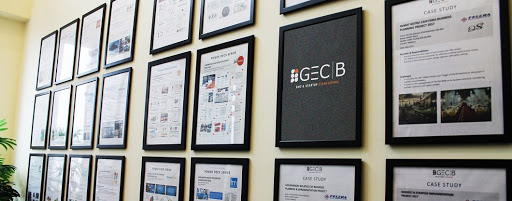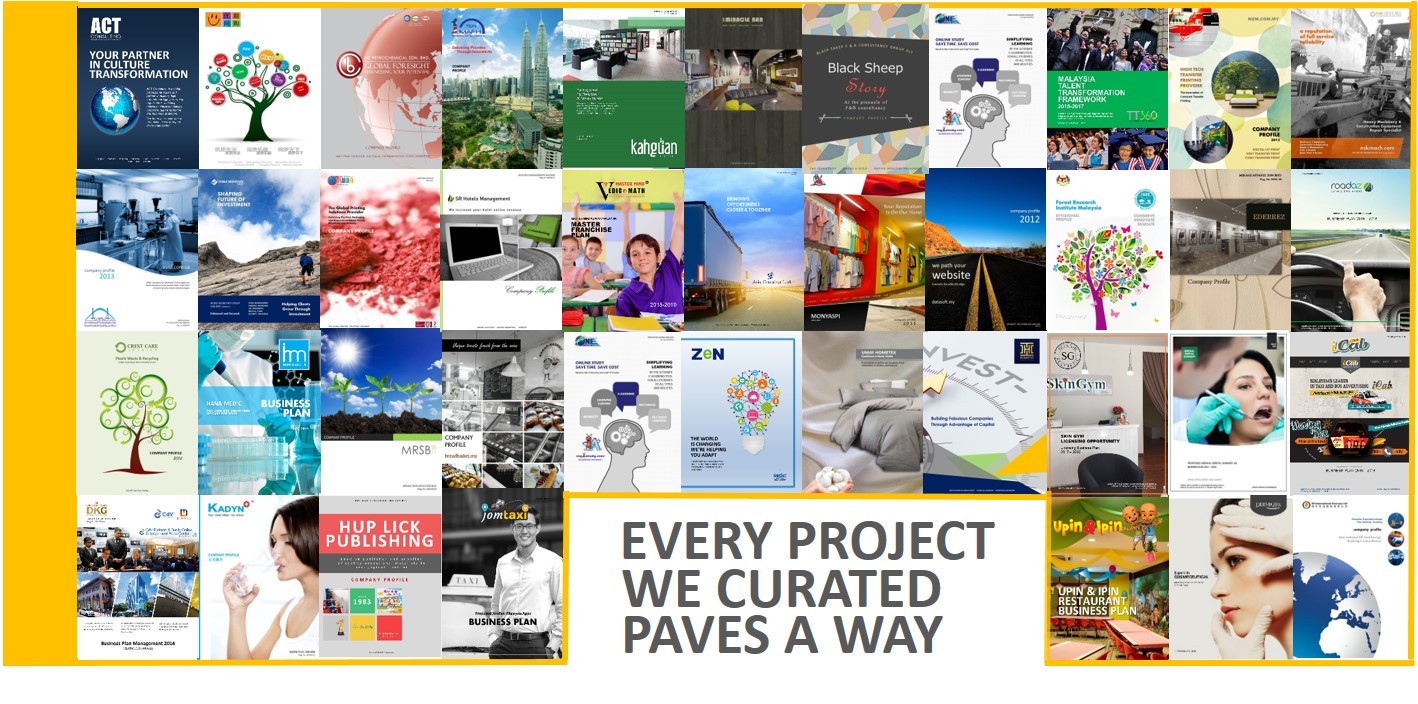Managing change has become the "silver bullet" in seeking the final component of successfully managing strategy, process, culture and people in most modern organizations. Furthermore, staying competitive in the face of demographic trends, technological innovations, and globalization requires organizations to change at a much higher rate than ever before. Management researchers concluded that managing change well is a continuous and ongoing combination of art and science that assures alignment of an organization’s strategies, structures, and processes.
One reason for the poor reputation of strategic planning of that many executives, in their initial enthusiasm for planning techniques, forget that the future is inherently unpredictable. In fact, in the real world nowadays, the only constant is change. Not sursprisingly, it made me recall one of Sun Tzu’s [1] advices:
"None of the four seasons can last forever." [Sun Tzu, 500BC]
In other words, even the best-laid plans can fall apart if contingencies occur and, as noted earlier, unforeseen events occur all the time. Nevertheless, "Scenario Planning" is recommended.
According to one survey, more than 50% of the Fortune 500 companies use some form of scenario planning. For instance, Royal Dutch/Shell pioneered the scenario approach to planning. Rather than trying to forecast the future, Shell’s planners attempt to model the company’s environment by predicting possible scenarios. In other words, managers are asked to devise strategies to cope with, perhaps, possible scenario A, B, C, D and so on. The objective is to get managers to understand the dynamic and complex nature of the business environment, to think through problems in a strategic fashion, and to generate strategic options that the company may pursue under different circumstances.
Environmental uncertainties, changes and globalization are good enough reasons why an organization should continuously embark on environmental scanning of the general environmental variables when formulating strategies. Successful environmental scanning alerts the organization to critical trends and events before the changes have developed a discernible pattern and before competitors recognize them. Otherwise, the firm may be forced into a reactive mode instead of being proactive. Again, there is parallel in Sun Tzu’s book [1], who has observed:
"Know your enemy, know yourself and your victory will be undoubted. Know Earth, know Heaven and your victory will be completed." [Sun Tzu, 500BC]
Strategic management contributes to organizational performance and growth significantly. I'd suggest that a good strategy and good strategy execution are the most trustworthy signs of a good management. The standards for good management rest to a very great extent on how well-conceived a firm’s strategy is and how competently it is executed. Any claim of “talented” management that disregards these standards is likely doomed to failure!
[1] Khoo, Kheng Hor, 2004. Abdullah Administration: Abdullah Ahmad Badawi and His Government from Sun Tzu’s Perspective, Pelanduk Publications, Kuala Lumpur, p. 24 & 43.


No comments:
Post a Comment